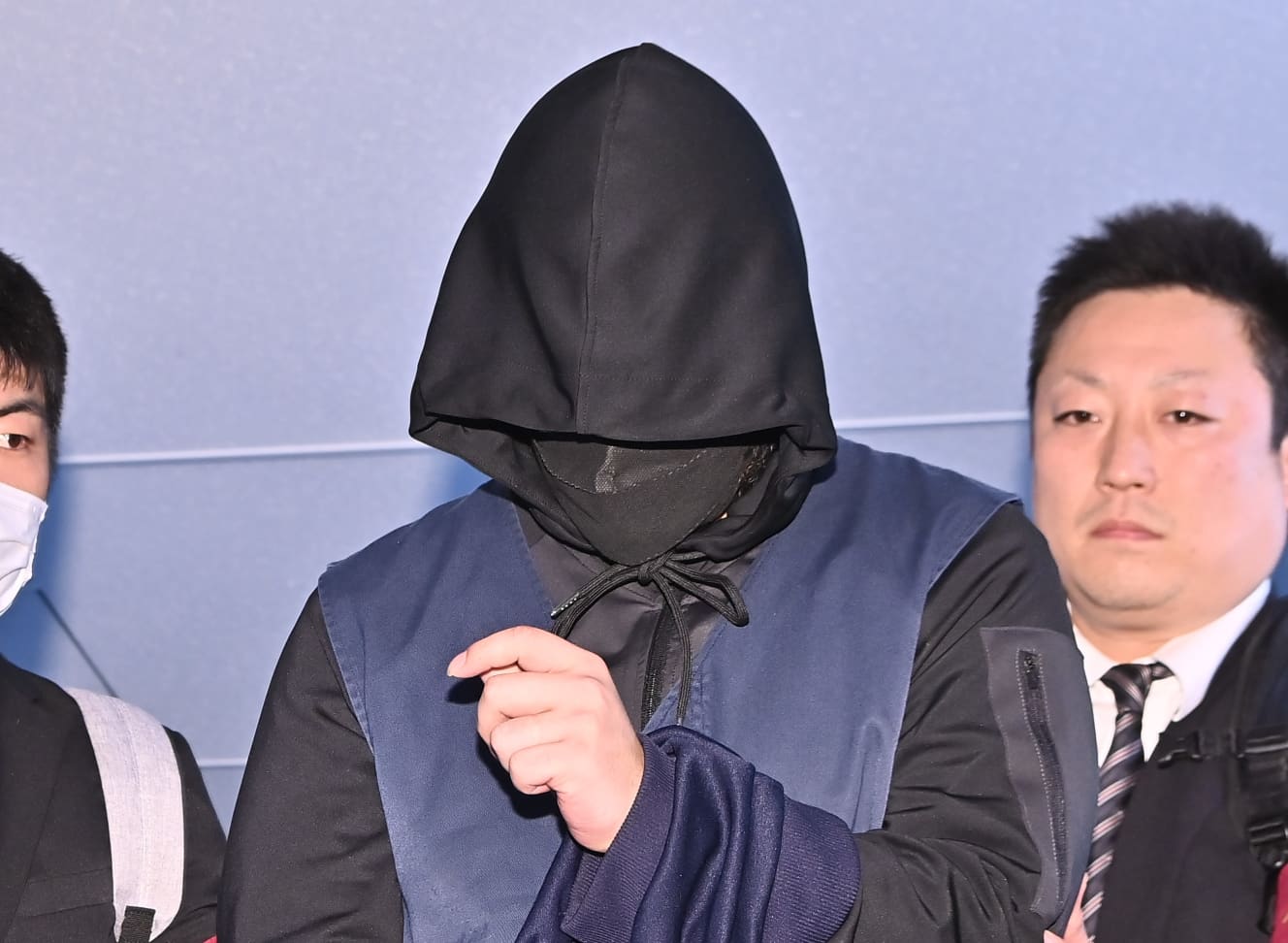The “Kakeko” special scam in Cambodia: “All in black,” a bizarre sight.
Black, black, black. ……
The men repatriated to Japan from Cambodia’s capital Phnom Penh on a chartered plane were dressed all in black, from masks to hoods to the clothes they were wearing. Many of them were looking down, but they looked odd.
Just before 10 p.m. on November 8, 25 men arrived at Haneda Airport (Ota-ku, Tokyo). Most were young men in their 20s. They were a group of criminals suspected of committing a special fraud, who were arrested on suspicion of swindling elderly people out of their cash on board a flight from Cambodia. They are believed to be “callers” posing as police officers or Ministry of Finance officials and making false phone calls.
The alleged “kaketsuko” allegedly deceived a woman in her 70s living in Sapporo, Hokkaido, out of about 450,000 yen in cash in August this year by falsely offering to solve a problem involving the lending of her name in connection with her moving into a senior citizen’s facility. The fraudulent group is said to have committed crimes in eight prefectures in Japan, with the total amount of damage reportedly amounting to at least 236 million yen. The police received information about the case in Cambodia this summer and have been investigating.
Southeast Asian countries such as Cambodia have a small time difference from Japan, and cell phones are relatively easy to obtain. For fraud groups, it is a place where they can commit crimes remotely with low risk. The ‘kakeko’ arrested this time were based in a luxurious rented apartment building,” said a reporter from the social media department of a national newspaper.
According to the Asahi Shimbun (November 9), the luxury condominium where they were based is located about 20 minutes by car from the center of Phnom Penh. There are no tourist attractions in the surrounding area, and Japanese people rarely visit the area. The rent is said to be about 3 million yen per month, and inside there are chandeliers, a king-size bed, and even a bar counter.
Relieved to be caught.”
However, the lives of the “kakeko” were not easy.
According to Kyodo and other news agencies, they told police that they “only had about one day off a month and were not allowed to go outside. They also said, ‘The food was bad and we drank stinky water from the water server. I was going to stay for two or three months, but I couldn’t go home. I was relieved when I was caught. I heard that some of them couldn’t stand the house arrest and escaped from the apartment and rushed to the Japanese Embassy.
Many of the “kakeko” are known to have applied for “black market jobs” on social networking services and have gotten involved in the case. They are said to be attracted by high rewards such as “10 million yen for robbery” and “1 million yen per day,” and come forward. In reality, however, it is not such a convenient part-time job. Fear and anxiety seemed to have taken over the job.
Applicants were asked to send a picture of their face and an ID such as a driver’s license. Once they sent the images, they received a message that said, ‘If you run away, you’ll be in big trouble. Since the applicant had even given information about his family members, he was afraid that his relatives would be harmed and that he would not be able to escape easily.
One of the “kakeko” caught in the Philippines stated, “I felt like I was being watched all the time. Some of the “kakeko” caught in the Philippines stated, “I felt like I was being watched all the time, and I had no freedom. There are even some ‘kakeko’ who did not receive any remuneration at all.
Once they set foot in the house, it was difficult for them to get out due to the fearful control they were under. Even if they regretted their actions after being involved in the crime, the “kakeko” seemed to be unable to back down.
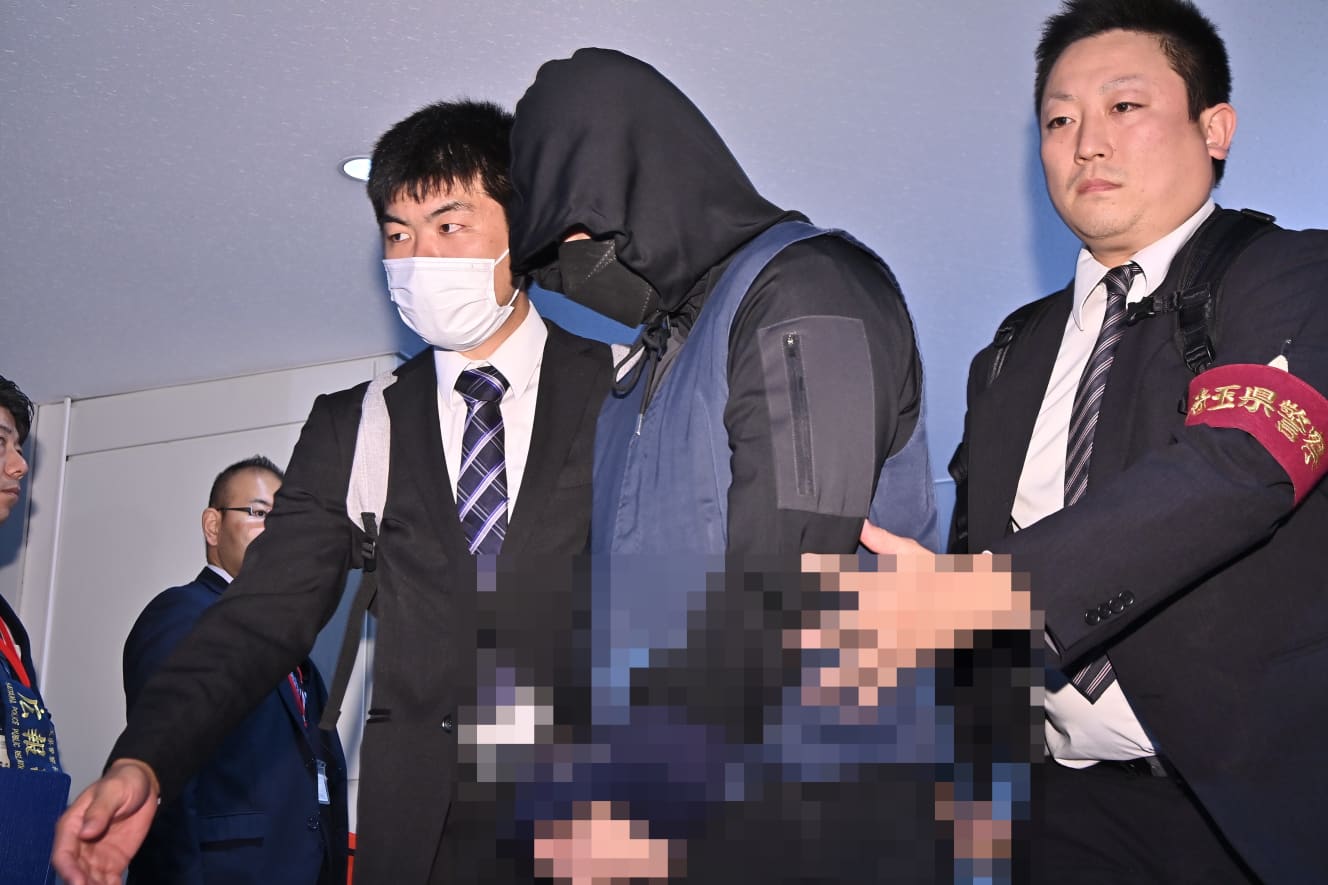
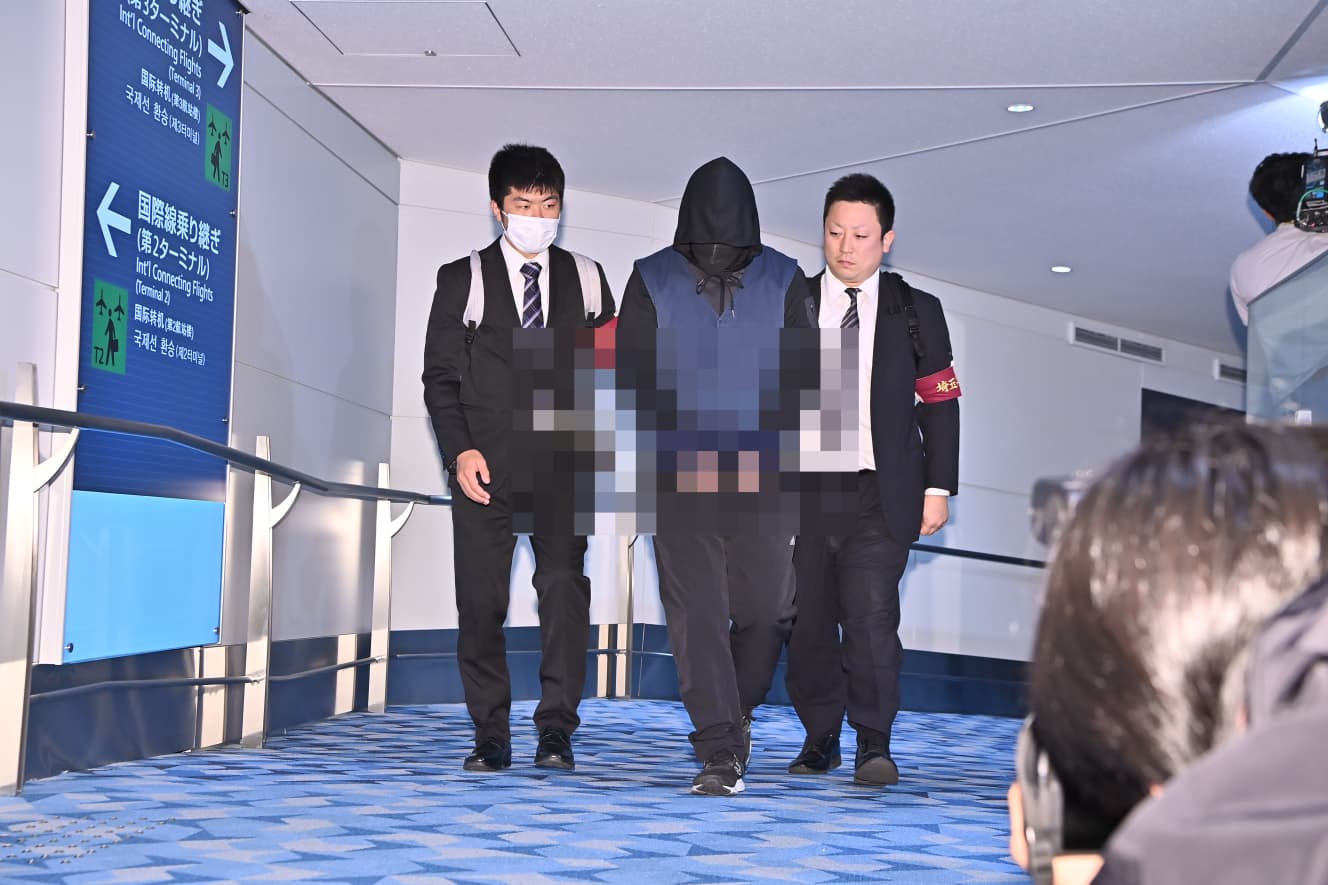
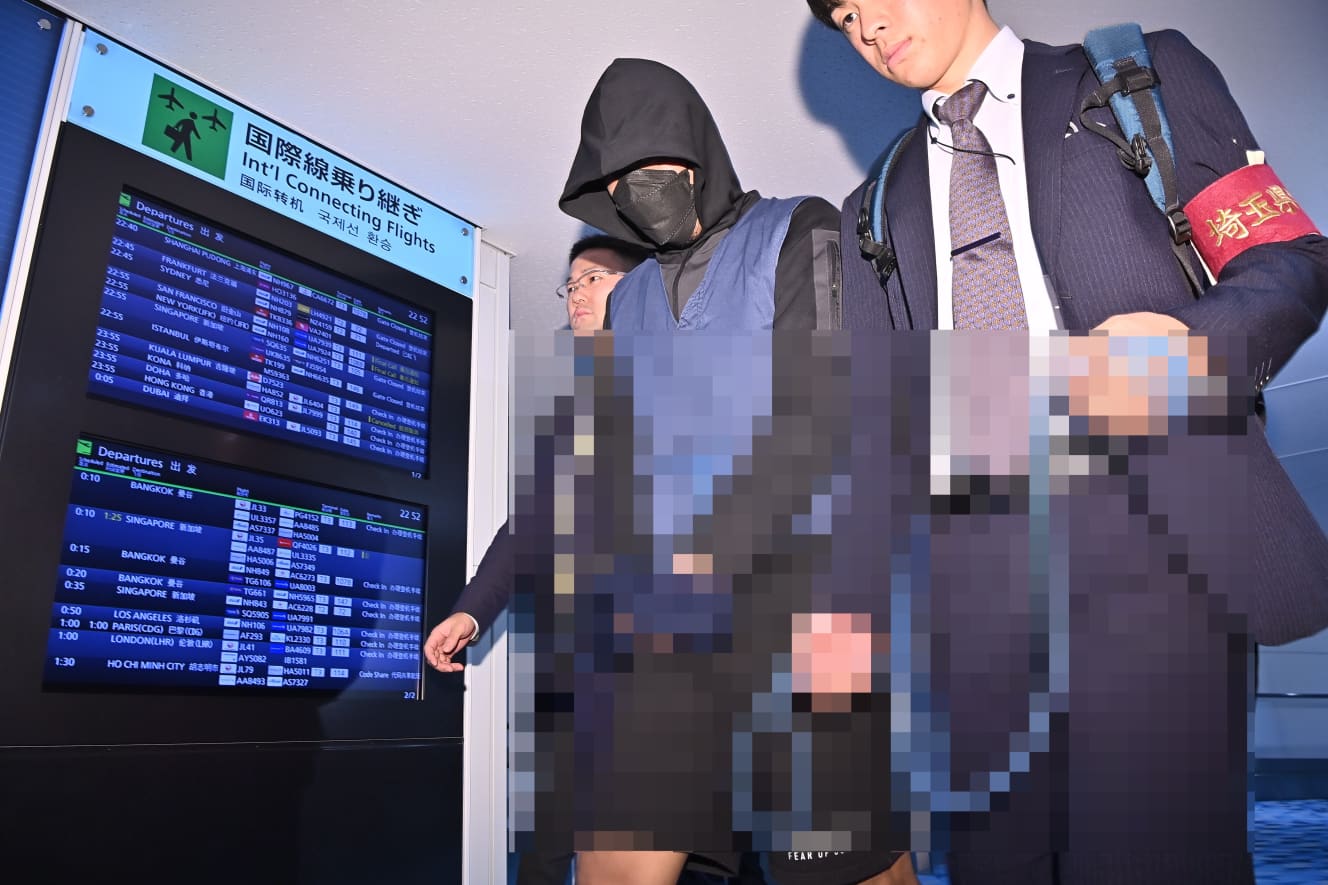
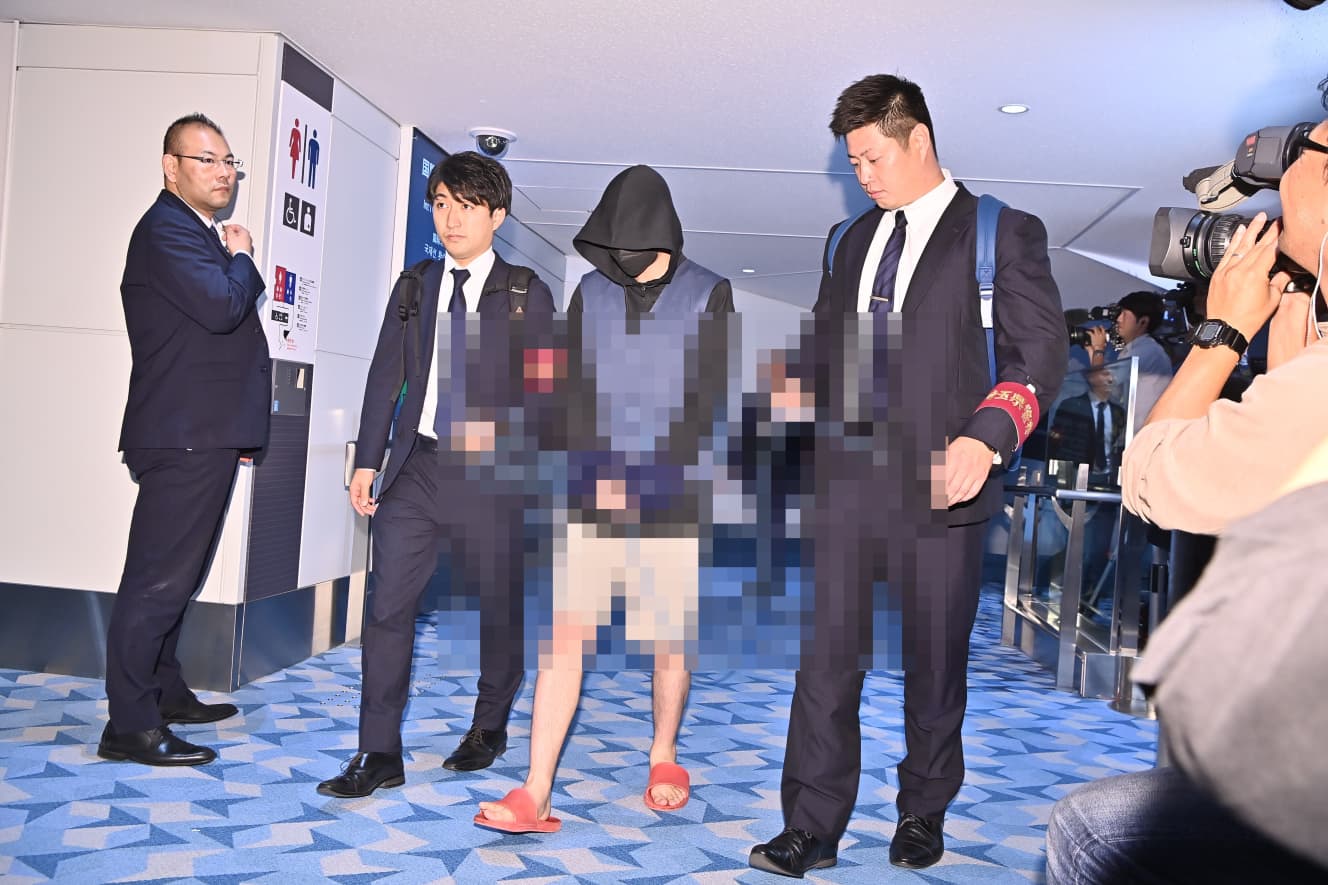

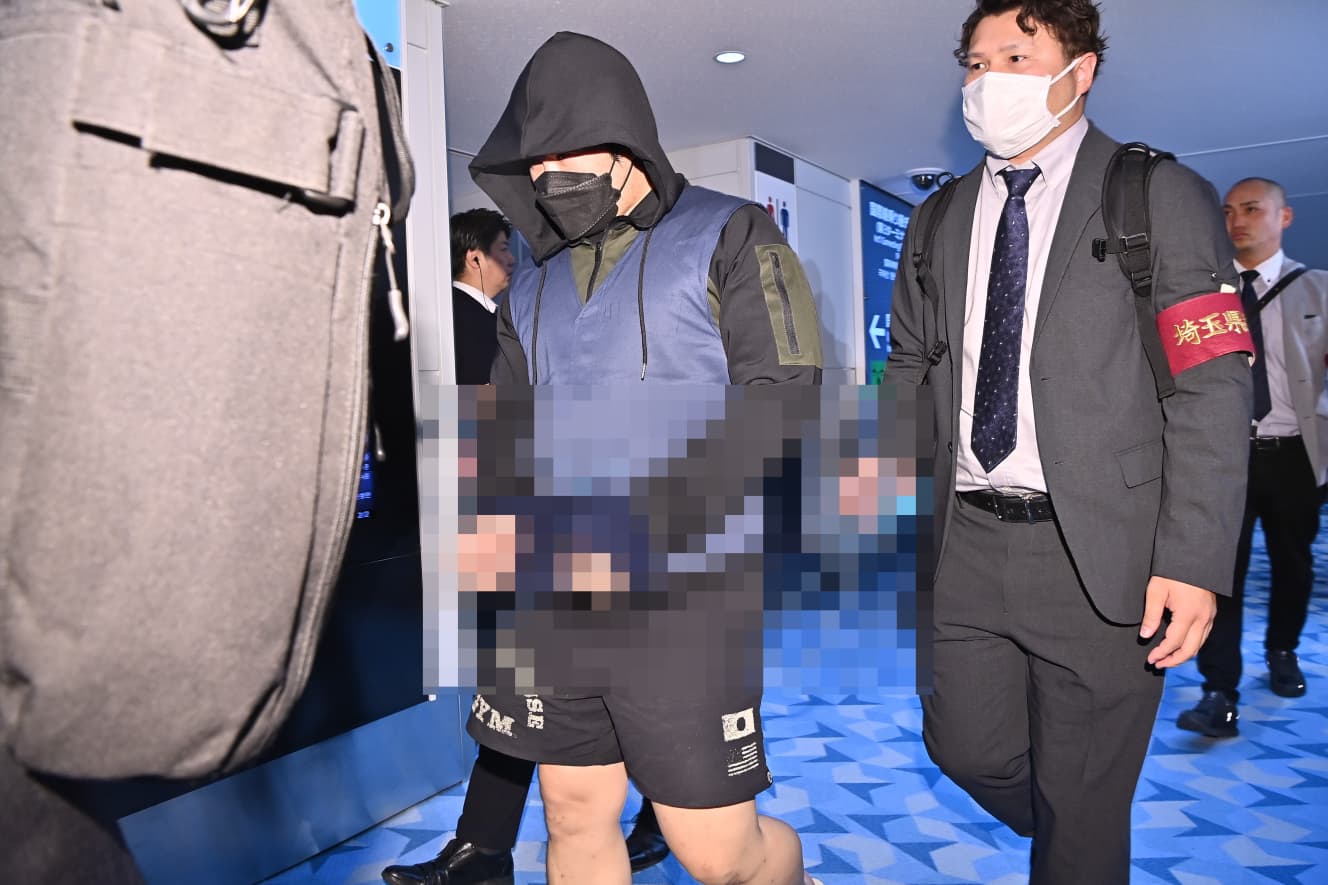
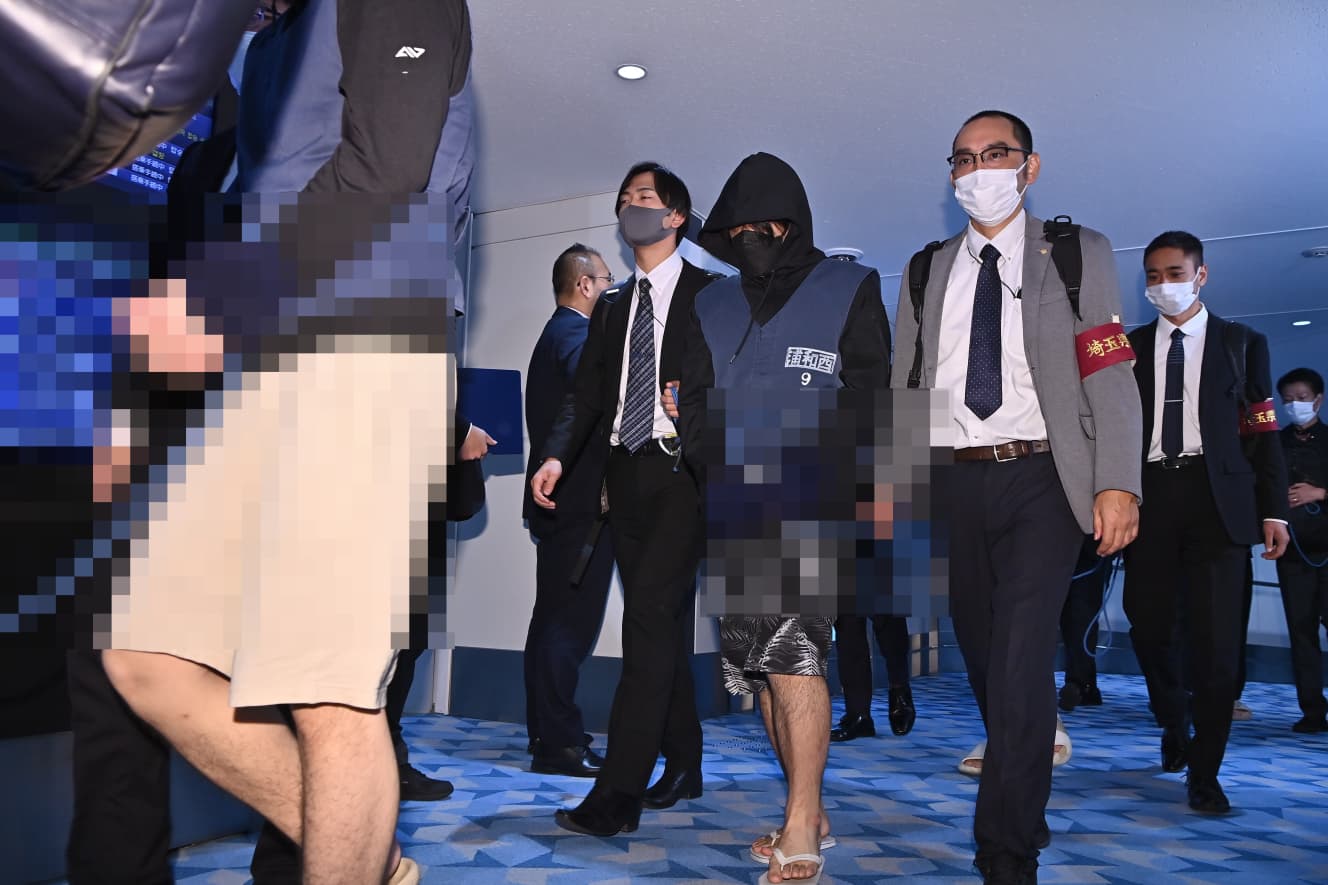
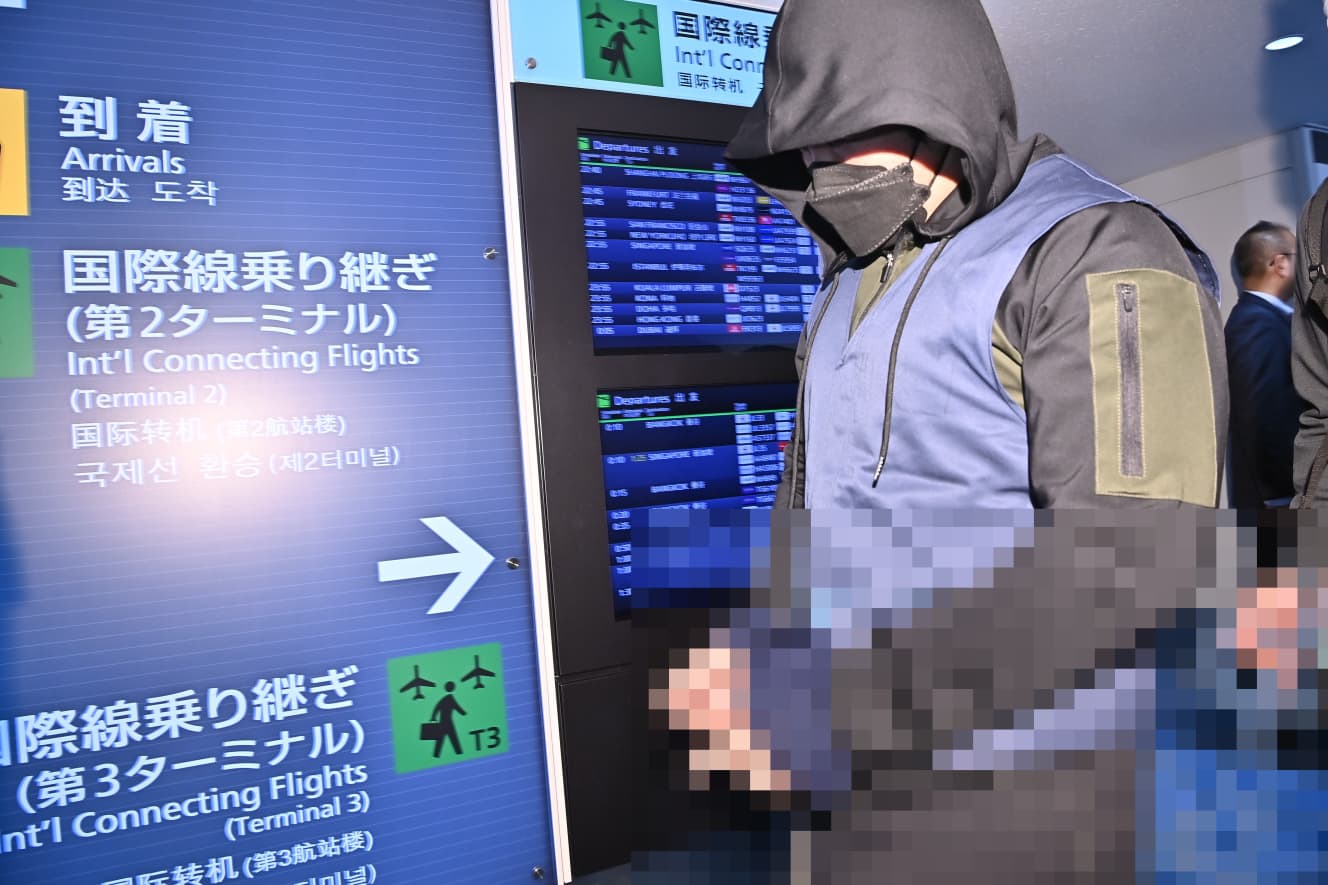
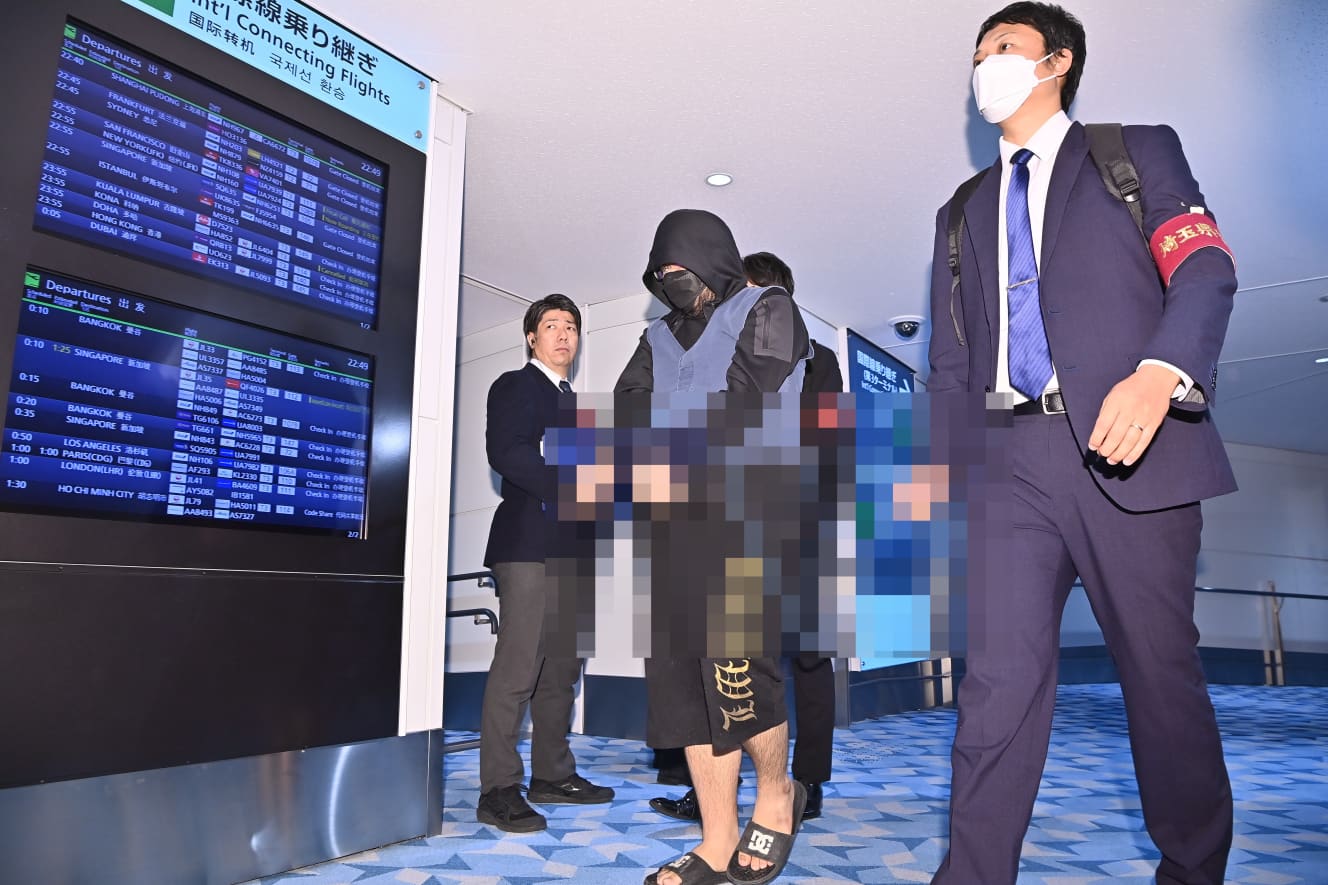

PHOTO: Shinji Hasuo
